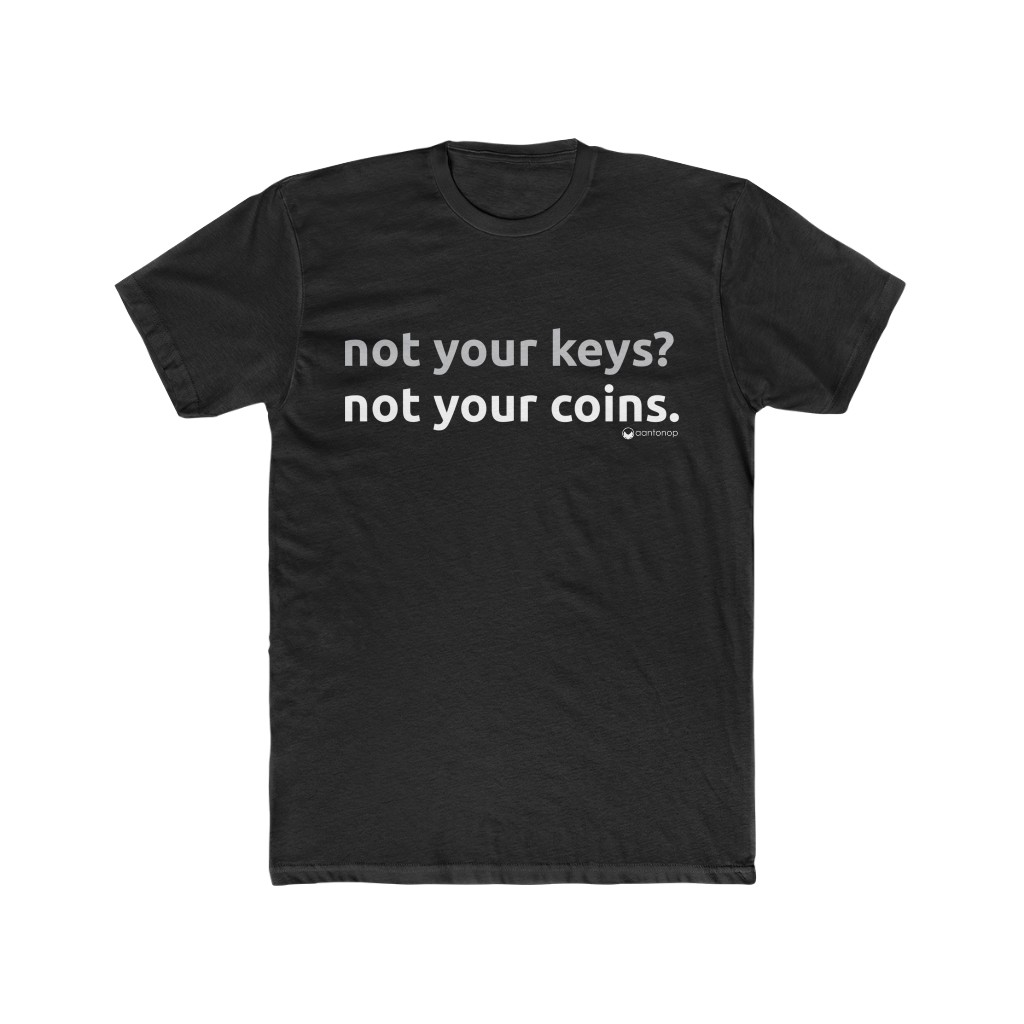Picture this: you’re a crypto investor in the UK, thinking your iCloud backups are rock solid and your wallet keys are locked away tight. But in early 2025, the UK government threw a wrench into that trust by issuing a Technical Capability Notice (TCN) under the Investigatory Powers Act, demanding Apple provide backdoor access to encrypted iCloud data. This move sent shockwaves through the crypto community, as it directly threatened the security of sensitive information like crypto wallet keys stored in iCloud backups.
Why the UK’s Push for an iCloud Backdoor Matters for Crypto Wallet Security
Let’s cut through the noise: if you store your crypto wallet seed phrases or private keys in iCloud (even as part of an app backup), you’re potentially exposing them to unauthorized access. Apple responded to the TCN by disabling its Advanced Data Protection (ADP) feature for UK users in February 2025, stripping away end-to-end encryption from iCloud backups. That’s a huge deal because end-to-end encryption is what keeps your data safe from prying eyes – not just hackers, but also governments and even Apple itself.
The timing couldn’t be worse. With Apple Inc trading at $258.02 (up and $0.89, or and 0.003460% over 24 hours), confidence in tech security is more important than ever. The market is watching closely as privacy and security concerns collide with regulatory pressure.
How Did We Get Here? A Quick Timeline of Apple vs UK Encryption
The UK government has long been at odds with tech giants over encryption. In 2025, things escalated when officials demanded that Apple provide a backdoor into encrypted iCloud data – essentially asking for a master key to all user accounts. Apple pushed back hard, warning that such backdoors would undermine global privacy and digital security.
Despite eventually withdrawing its demand after pressure from U. S. officials and privacy advocates in September 2025, the damage was done: ADP remains unavailable for UK users as of now, leaving their data – including crypto wallet keys – potentially exposed.
The Real-World Risks: Crypto Wallet Keys in the Crosshairs
If you’re using cloud services like iCloud to store your crypto wallet backups or private keys, here’s what’s at stake:
Top Risks of Storing Crypto Wallet Keys in iCloud
-

Increased Exposure to Unauthorized Access: Without end-to-end encryption (like Apple’s Advanced Data Protection), iCloud backups—including crypto wallet keys—can be accessed by Apple or potentially handed over to authorities if compelled, raising the risk of your funds being compromised.
-

Susceptibility to Government Backdoors: Recent UK government orders have pressured Apple to create backdoor access to iCloud data. Even though the latest demand was withdrawn, the lack of restored encryption means your crypto keys could still be vulnerable to future policy changes.
-

Target for Hackers and Cybercriminals: Cloud services like iCloud are frequent targets for cyberattacks. If your crypto wallet keys are stored in iCloud and a breach occurs, attackers could steal your digital assets in seconds.
-

Potential for Account Takeover: If someone gains access to your Apple ID through phishing or weak passwords, they could restore your iCloud backup—including your wallet keys—on their own device, putting your crypto at immediate risk.
-

Loss of Control Over Your Private Keys: Storing wallet keys in iCloud means you rely on a third party for security. This contradicts the core crypto principle of “not your keys, not your coins,” and could lead to loss of access or funds if your iCloud account is compromised.
This isn’t just theoretical FUD (fear, uncertainty and doubt). Without end-to-end encryption, anyone who gains access to your cloud backup – whether via legal orders or cyberattacks – could potentially steal your funds.
If you want a deeper dive on how these developments threaten everyday investors’ assets and what you can do about it right now, check out this detailed guide.
What Are Security Experts Saying?
The consensus among cybersecurity pros is clear: when governments force companies to weaken encryption for one group of users (in this case, those based in the UK), it creates vulnerabilities that can be exploited globally. Weak links don’t stay local for long! As one expert put it:
“If you break encryption for one jurisdiction, you break trust everywhere. ”
With the UK’s iCloud backdoor push leaving a gaping hole in Apple’s security armor, crypto wallet holders in Britain are right to feel uneasy. The absence of Advanced Data Protection (ADP) means that iCloud backups, including any stored wallet recovery phrases, are now only as secure as Apple’s own internal controls and the legal demands placed on them. That’s a far cry from true end-to-end encryption, where only you hold the keys.
How to Protect Your Crypto Wallets Right Now
So, what can you do if you’re a UK-based crypto user or simply worried about your digital asset security? Here are some actionable strategies to lock down your funds and stay ahead of potential threats:
These aren’t just best practices, they’re essential habits for anyone serious about safeguarding their digital wealth. Hardware wallets, for example, keep your private keys completely offline, immune to both cloud-based hacks and government overreach. And don’t overlook multi-factor authentication; it’s a simple but powerful barrier against unauthorized access.
What If You Already Backed Up Your Wallet to iCloud?
If you’ve previously backed up sensitive wallet data to iCloud while ADP was enabled, now is the time to review what’s stored there. Delete any seed phrases or private key files from your cloud storage and replace them with local encrypted backups on devices you control.

Remember: convenience is tempting, but when it comes to crypto onboarding security tips, nothing beats manual control over your keys. If you’re unsure how to create secure local backups or want more advanced advice tailored for beginners and veterans alike, read our full breakdown here.
Why This Matters Beyond Crypto
This isn’t just a story about Bitcoin or Ethereum, it’s about the future of digital privacy in the UK and beyond. When governments push tech giants like Apple into weakening encryption for one purpose (even under the guise of national security), all users become collateral damage. The UK’s move has already set off alarm bells across privacy circles worldwide.
iCloud vs Hardware Wallets: Key Differences for Crypto Security
-

Security Model: iCloud stores crypto keys online, making them potentially accessible if cloud security is compromised. Hardware wallets, like Ledger or Trezor, keep private keys offline, drastically reducing exposure to online threats.
-

Vulnerability to Backdoors: Due to the UK’s recent push, iCloud backups in the UK lack end-to-end encryption, leaving crypto keys vulnerable to government or unauthorized access. Hardware wallets remain unaffected by such policies, as keys never leave the device.
-

Recovery and Backup: iCloud offers easy backup and recovery, but this convenience comes at the cost of increased risk if your Apple account is compromised. Hardware wallets require secure backup of your recovery phrase—if lost, access to funds is gone, but so is the risk of remote hacks.
-

Multi-Device Access: iCloud allows access to wallet keys across multiple Apple devices, but syncing increases attack surfaces. Hardware wallets require physical access, keeping your keys isolated from other devices and online threats.
-

Third-Party Trust: Storing keys in iCloud means trusting Apple’s security and policies, which can change (as seen in the UK). Hardware wallets put security in your hands—no third-party access to your private keys.
Until Apple reinstates ADP for UK users, or until another solution emerges, crypto investors must take their security into their own hands. The lesson is clear: never assume that cloud providers will always have your back when it comes to protecting assets that exist entirely online.
The Bottom Line on Crypto Wallet Security Post-iCloud Backdoor
Apple Inc may be holding steady at $258.02, but trust in cloud-based privacy has never been shakier for UK users. If you value sovereignty over your funds, now is not the time for complacency. Review your backup strategies today and stay vigilant, the trend toward increased surveillance isn’t going away anytime soon.



